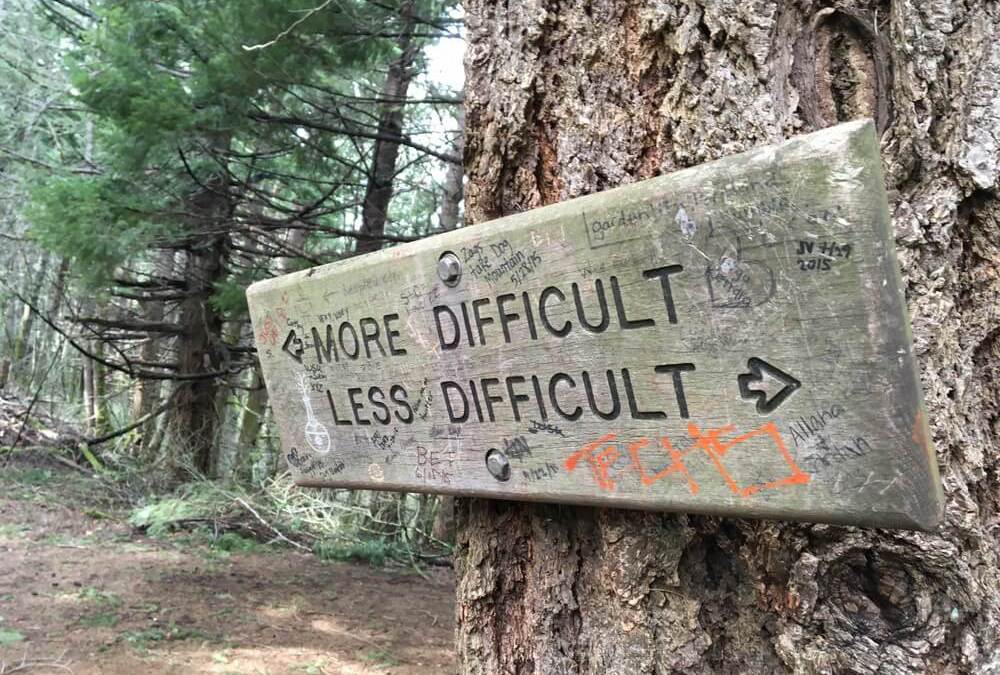The Real Reason Sales Role Play Fails—and How AI Role Play Fixes It
Yesterday, I hosted a live sales training call with a client’s sales team.

Previously I discussed the keys to effectively screening and qualifying a candidate’s current situation, their technical skills and experience and how to qualify and establish pay rate/salary history. I also shared best practices for screening and qualifying your candidate’s compelling event and motivators for leaving their current situation/employer and accepting a new opportunity. In this blog I’m going to share with you why recruiters must understand their candidate’s decision making process including how they will arrive at a final decision.
and accepting a new opportunity. In this blog I’m going to share with you why recruiters must understand their candidate’s decision making process including how they will arrive at a final decision.
Let’s take a look at why qualifying your candidate’s decision making process is such a key component to the IT recruitment life cycle including best practices for doing so. Below are some of the critical questions that recruiters and their candidates must answer.
How will the candidate arrive at a final decision?
Will the candidate discuss the decision with a friend, family member or mentor? Will they draw a line down a piece of paper and weigh the pro’s and con’s of your opportunity against the others? Will they have their spouse or significant other make the decision? These are just a few of the key elements that a recruiter must uncover to ensure they are selling and appealing to all of the people and factors playing a role in the candidate’s decision making process.
What is the decision criteria for choosing between different opportunities?
Recruiters must drill-down and and understand the details of what specific decision making criteria will factor into their candidate’s final decision. Recruiters must also know the order of importance each piece of criteria plays that will influence their final decision. For example, what if the candidate is evaluating money, benefits, location and their future boss including the ability to learn, grow and develop into a bigger role three to five years down the road? Which one carries the highest value to the candidate and why? Which has the second highest value and so forth.
As the recruiter it is your job to understand why each of these factors are so important. If you don’t know the why then your candidates will never feel like you genuinely care about them nor will you be able to collaborate with the client or employer what is most important to the candidate in which case they will not be able to help you sell and close the candidate on the opportunity.
Recruiters also need to understand how to play out scenarios with their candidates. For example, the recruiter will want to play out the following scenario with their candidate: “Dan, what if the other opportunity comes in at a pay rate of 5% more than mine and you can work from home 1 day a week but my opportunity comes in with better benefits and the opportunity to move into your dream job of chief software architect in as little as 18 months, how will you make a decision then?” By asking the candidate to play out a scenario, you can begin to gain insight regarding which criteria is most important to the candidate. This will give you the insight you need to shape your final offer and/or go into a candidate negotiation knowing what concessions you or the employer will have to make to close the candidate.
How long will it take before the candidate can make a decision?
This is a big one, so big in fact I could probably write an entire blog or two on this topic. Asking candidates, “how much time will you need to make a final decision once you receive an offer?” is a key question recruiters must ask. But keep in mind that the answer is relevant to the candidates current situation. In other words, if you have failed to effectively disarm your candidate and thus know very little about your candidate’s current situation than this question will leave you needing to ask additional clarifying questions. More important than understanding how much time a candidate needs to make a final decision is understanding why they need the time they do. When you understand why your candidate needs the time they need to make a final decision you gain insight into how your candidates think and you learn what is most important to them. This insight should help you shape your strategy for closing your candidate.
When recruiters understand their candidate’s decision making process they gain visibility and predictability into their recruiting cycle which enables them to more effectively forecast which of their candidates and job orders will close and which will not. Recruiters know what will have to happen before their can officially turn down another opportunity and can accept their offer and can close the deal. In order to successfully close a candidate recruiters must understand how their candidates think and how they will arrive at a final decision including who and what is involved in their decision making process.
Recruiter Call to Action Exercise
Jot down on a piece of paper three or four scenarios you have encountered in which your candidate received an offer but they either never accepted the offer or it took them several days or weeks before they arrived at their final decision. Think back to what you learned about your candidate AFTER they made their decision. What didn’t you know that you wish you had known? How might you have used that information to close your candidate or arrive at a decision quicker? Grab your manager or co-worker and role play the questions you might ask of your candidate and how you would respond their answers to your questions. Practice role playing your candidate’s decision making process daily until you feel your ‘conversation ready.
How are you going about uncovering and qualifying your candidates decision making process? What questions are you asking? What do you find is working? What do you find most challenging? Let's start a conversation in the comments section below.
Looking for additional insight into interviewing candidates? Download the eBook titled "Executing the Candidate Interview, Five Pillars to Effective Qualification."

Yesterday, I hosted a live sales training call with a client’s sales team.

1 min read
Most staffing firms don’t struggle to scale because their teams aren’t working hard. They struggle because they don’t have a real go-to-market...

In my previous post, How to Prevent Unexpected Contract Terminations, I shared how systemizing consultant and client check-ins at key milestones...